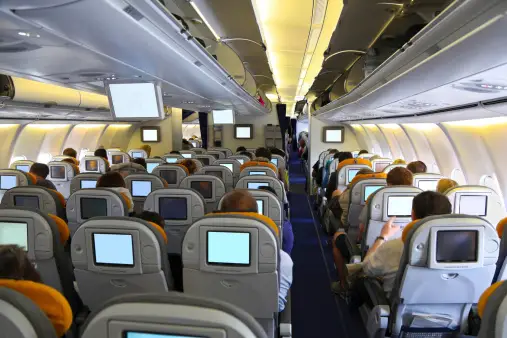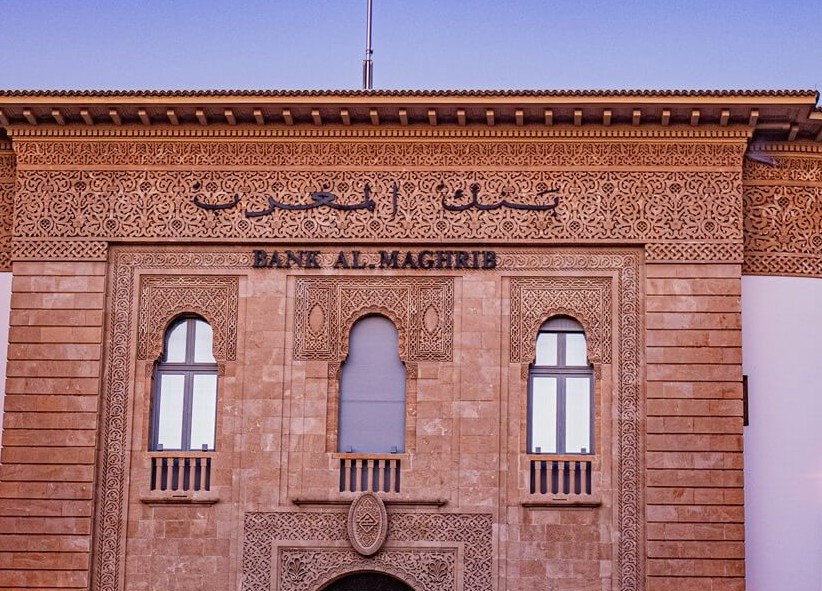Casablanca – In a significant move to safeguard the local wood industry, Morocco has introduced an additional tariff on certain imported wood products. This new measure, which targets fiberboard materials, is expected to have far-reaching effects on the market, impacting both international suppliers and local manufacturers.
The decision, confirmed by the Moroccan Ministry of Industry and Trade through a recent circular, introduces a specific duty of $0.1 per kilogram on imports of “coated fiberboards” made from wood fibers or other compressed wood materials. These fiberboards are either coated with melamine resin decorative paper or covered with plastic sheets or panels. The tariff, which is set to last for a period of three years, aims to curb the growing influx of such imports, which have been a point of contention for local producers.
This decision comes after growing concerns from Moroccan manufacturers who have raised alarms about the increasing volume of imported wood products. Specifically, they contend that the influx of fiberboards has undermined the competitiveness of local producers, who are struggling with higher production costs and a more difficult market landscape. In response to these concerns, the Ministry of Industry and Trade has vowed to investigate the situation and take appropriate action.
The decision to impose this additional duty on imported fiberboards follows the issuance of Joint Decision No. 679, signed on March 11, 2025, by both the Minister of Industry and Trade and the Minister of Economy and Finance. The circular explains that the tariff is a preventive measure aimed at protecting Moroccan manufacturers from the adverse effects of cheap imports that threaten local production. It also highlights the Ministry’s commitment to ensuring fair market practices and maintaining a level playing field for domestic industries.
The newly introduced tariff is a direct reaction to the growing concerns among Moroccan businesses about the volume of fiberboard imports. With these imports on the rise, local companies have found themselves at a significant disadvantage, unable to compete with the influx of cheaper products from foreign markets. By imposing the new tariff, Morocco seeks to limit the market share of these imports and provide local manufacturers with the breathing room they need to remain competitive.
While the new levy will apply to the majority of fiberboard imports, certain exemptions have been made. The tariff will not apply to laminated wooden flooring (parquet) or baseboards, nor to any products falling under annual import quotas, provided these shipments are accompanied by a customs exemption request issued by the Ministry of Industry and Trade. Furthermore, imports from a specific list of developing countries will also be exempt from the additional tariff, a move that reflects Morocco’s commitment to supporting trade relationships with emerging economies.
The tariff is set to be applied gradually, with imports benefiting from a customs exemption for quantities ranging from 16,000 to over 19,000 tons over a span of three years, from 2026 to 2028. This phased implementation ensures that the impact of the new measure is manageable for businesses involved in international trade, while still providing a degree of protection for local industries.
As for the countries that will be exempt from the tariff, a long list of economies will be spared from the new duties, including China, Brazil, the United Arab Emirates, Saudi Arabia, India, and South Africa. However, the European Union and the United States are notably excluded from this list, with their imports subject to the new tariff.
This new policy underscores Morocco’s broader strategy of protecting and nurturing its domestic industries amidst the challenges of global trade. By taking action against rising imports, the government aims to bolster local manufacturing and ensure that the Moroccan wood industry remains resilient in the face of foreign competition. As the measure takes effect in mid-April 2025, its success will likely hinge on how effectively the government can monitor and enforce the new tariff, as well as the response from foreign suppliers who may seek to adjust their pricing strategies to navigate the new trade landscape.
This move represents a balancing act for Morocco—a bid to protect its own industries without stifling international trade relationships. How well this balance is maintained will be critical to the future dynamics of the Moroccan economy and its positioning in global markets.
















